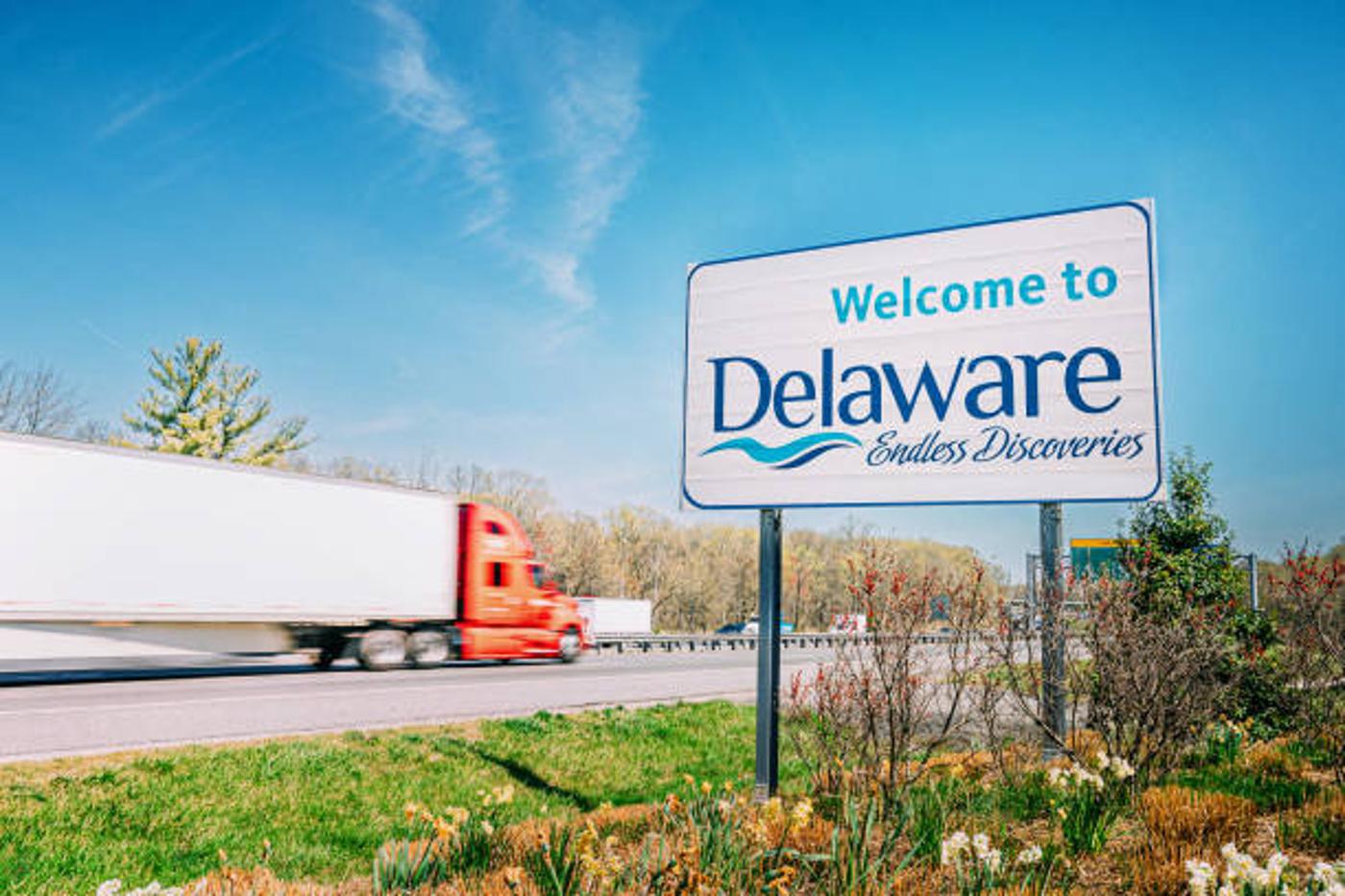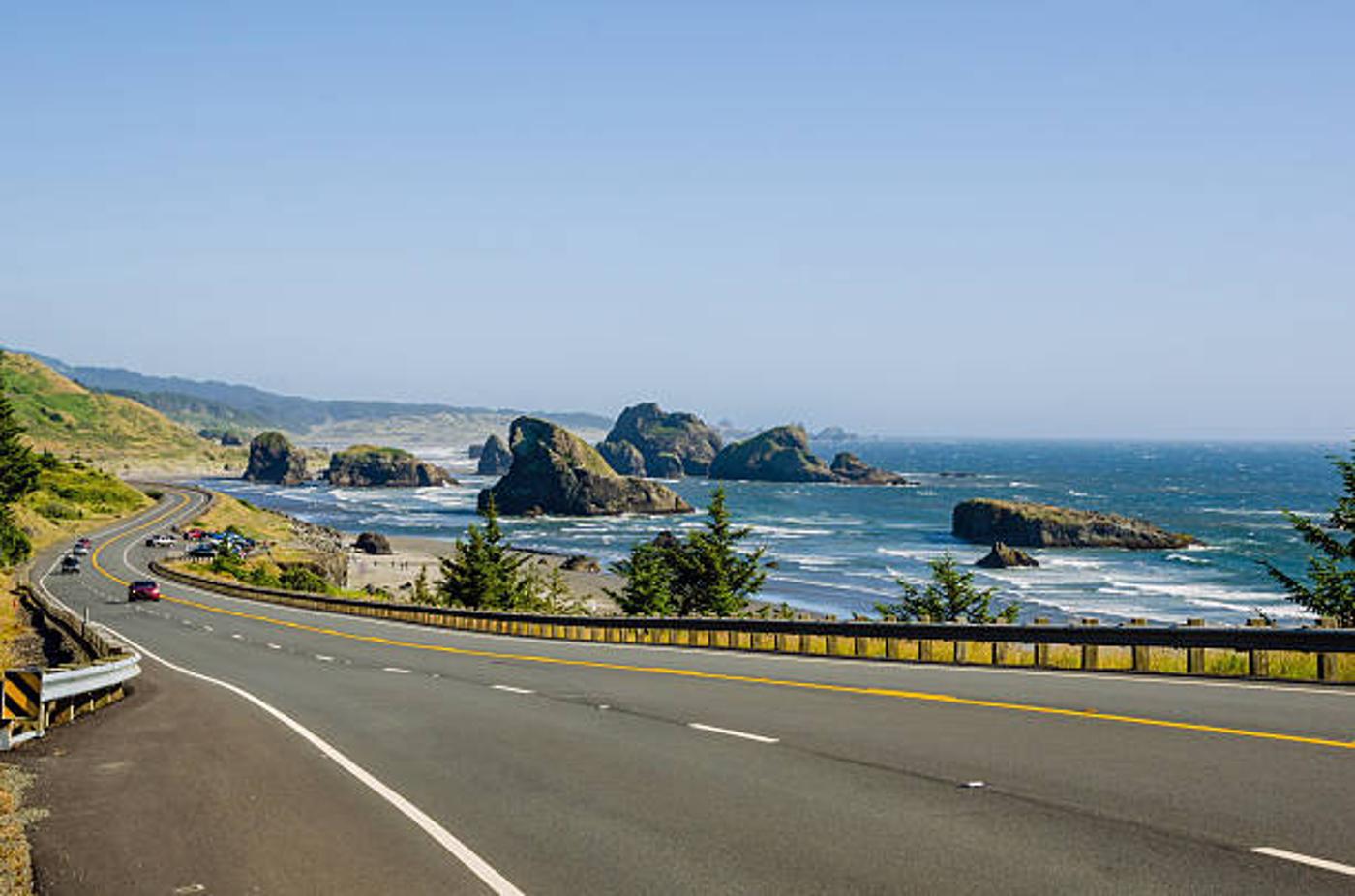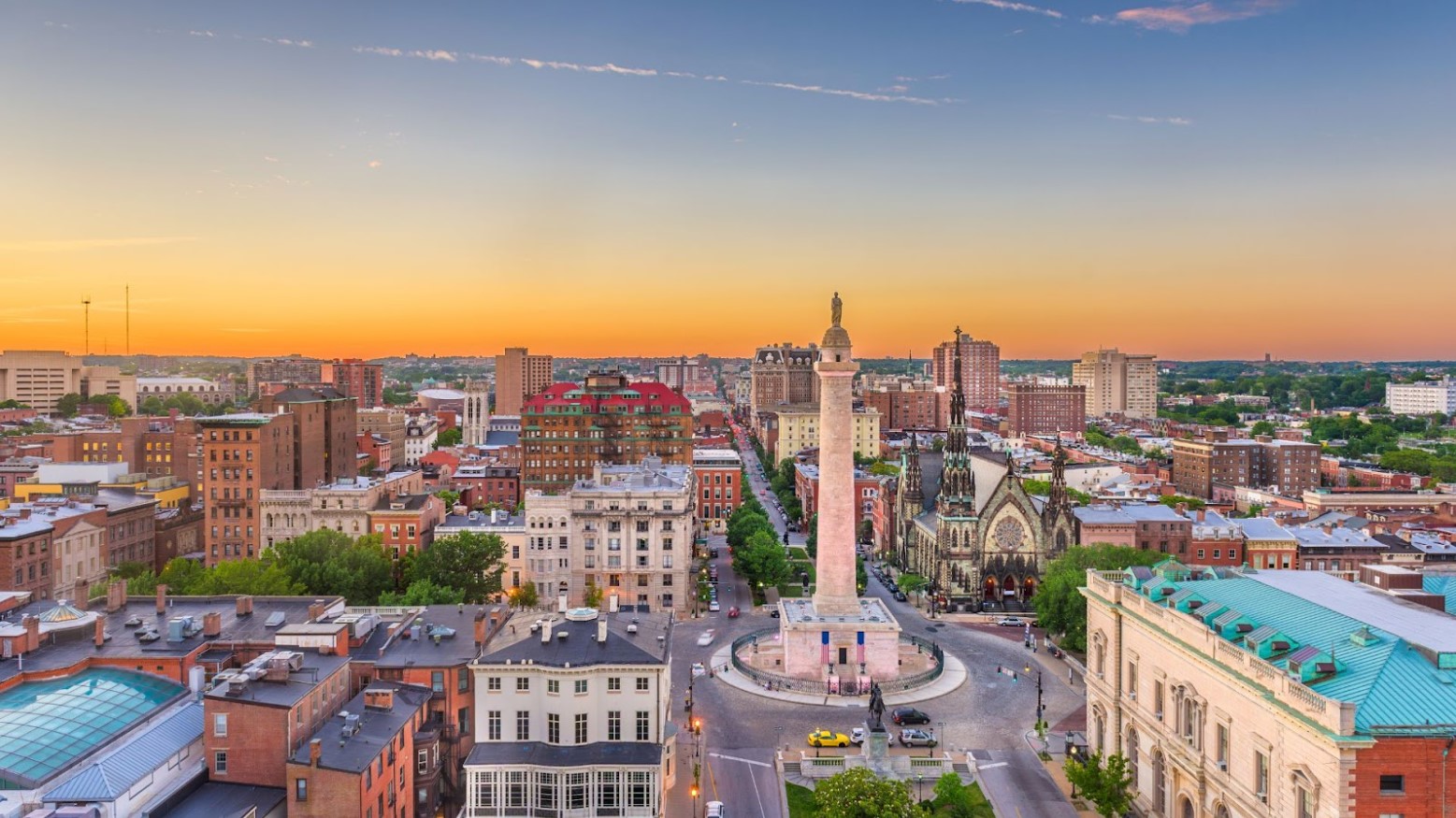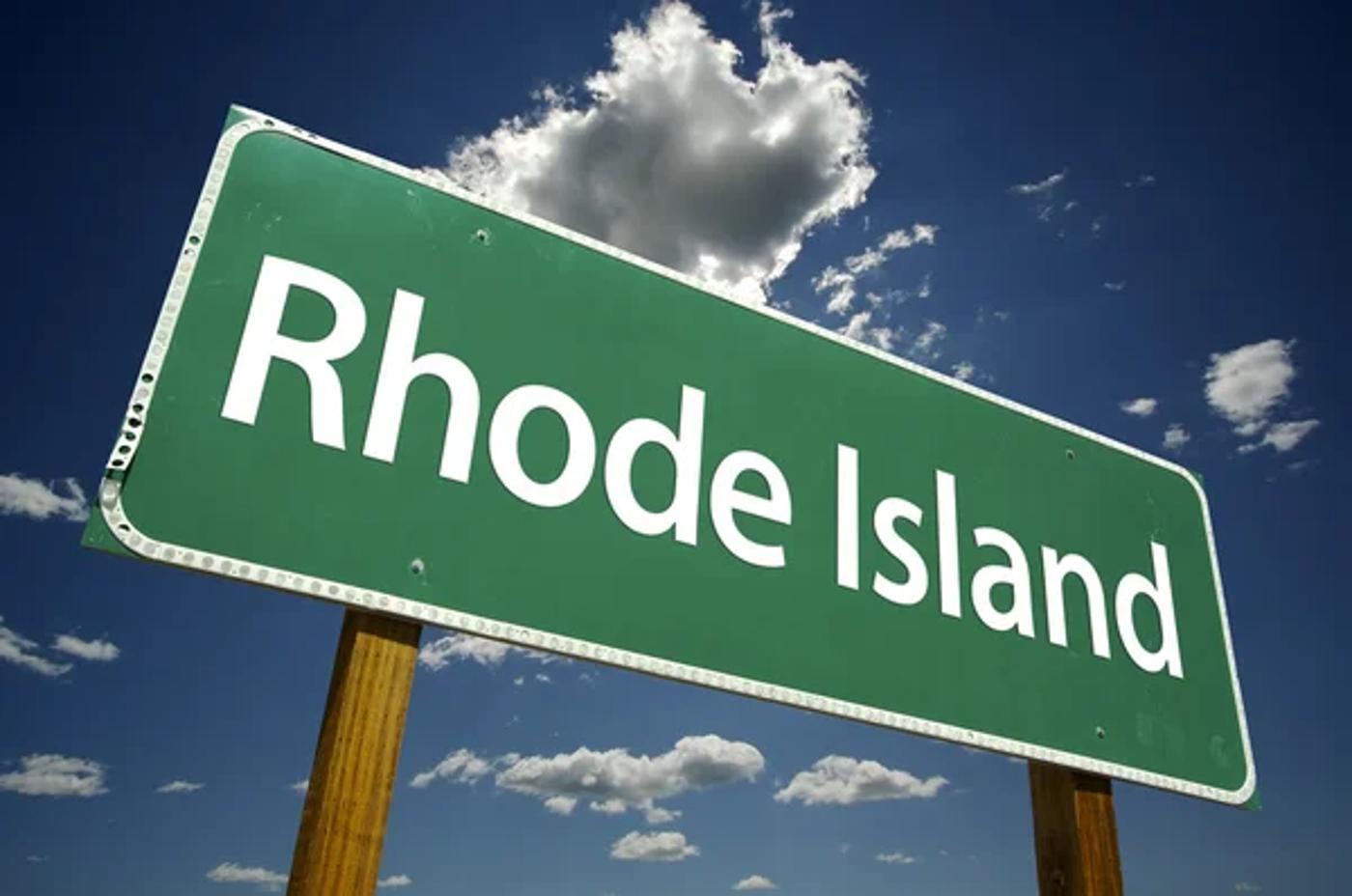As electric vehicles gain momentum with the general population, more states have been leaning towards banning gas-powered cars with the hopes of cutting down even more on oil and gas emissions. However, the plan might not be right for everyone.
In the past year, President Joe Biden set the goal of making all vehicle sales electric by 2030. But what does this mean for the average consumer? Who will have access to the cars they want to drive in the future?
California

It’s no secret that California is leading the charge with green initiatives alternative energy sources. They’ve also planned to fight climate change by banning the sale of all new-gas powered cars by 2035.
A law passed called the Advanced Clean Cars II sets ambitious targets to reduce emissions in the state with more than 40 million residents. By 2026, 35% of new cars and light trucks for sale must meet the zero-emissions standard.
Delaware

President Biden’s home state of Delaware joined the electric vehicle movement in April 2023. A public hearing chose to adopt California’s gas-powered vehicle ban to match the target.
The plan starts small in the east coast state with a modest number of EVs by 2027. However, from there, the plan ramps up and aims for 80% of new car sales to be electric or hybrid models by 2032.
Washington

Another state inspired by California’s legislation is Washington, who are well-known for their dedication to clean air initiatives and changing the landscape for tech.
The state created a new policy for car dealerships to only sell new electric cars, plug-in hybrids, or hydrogen fuel cell cars after 2035.
Massachusetts

Massachusetts was one of the first state’s to get on the EV legislation train. The state chose to enact similar laws and emissions policies to match the movement taking place out west.
However, this is one of the states where residents will still be able to purchase a gas-powered car for a few more years. The plan is to achieve net-zero emissions by 2050. The plan was introduced with the 2022 Massachusetts Clean Energy and Climate Plan with the target of 300,000 electric cars registered by 2025, and 900,000 by 2030.
New York

Another big blue state is New York, the fourth state to change gears and create legislation to ban gas-powered cars by 2035. The law was passed in the summer of 2023 by Governor Kathy Hochul.
All new passenger cars, pickup trucks, and SUVs sold in the state must be zero-emissions by 2035. The aggressive timeline reflects the commitment to reduce carbon emissions and improve air quality in the notoriously polluted state.
Oregon

In December 2022, Oregon’s Environmental Quality Commission voted to slowly phase out the sale of gas vehicles by the year 2035.
The new legislation is in line with similar environmental laws passed in the state. Oregon already has 50,000 registered EVs and aims to quadruple the number in the state in the next year.
New Jersey

Although New Jersey isn’t as left leaning as New York, the state passed Section 177 of the Clean Air Act to ban gas car sales in 2035. Jersey will aim to have 43% of new light duty vehicles electric by 2027 and 100% by 2035.
This state will be one of the places leading the charge on EV sales. Residents looking to buy new gas-powered cars after this time will have to leave the state.
Maryland

In March 2023, Maryland joined the EV movement. Governor Wes Moore announced his state would be adopting the Advanced Clean Cars II regulations, citing public heath as one of the key motivators.
The state wants to register 300,000 electric cars by 2035. However, they currently only have 81,000.
Rhode Island

Rhode Island passed the Advanced Clean Cars II regulation to set a clear timeline for the transition to zero-emissions vehicles.
All new cars sold in the small state must be zero-emissions by 2035. It will include electric, hybrid, plug-in hybrid, and fuel cell electric vehicles. The plan has an ambitious goal of 35% zero-emissions vehicle sales by 2026 and gradually increasing to 100% by 2035.
Vermont

Vermont’s plan starts in 2026 by requiring 35% of all cars purchased to be electric. The percentage will then increase to 100% by 2030.
The target date is set slightly earlier than other state which shows Vermont’s strict commitment to rapidly reducing emissions and combating climate change.
Virginia and Connecticut

The case with Virginia is more complex. The Republican governor shut down the state’s ability to force residents to purchase electric cars. However, several lawmakers in the Virginia still want to pass through similar EV laws.
Connecticut joined other states to hit the zero-emission vehicle plan by 2035 by hit a serious roadblock with opposing lawmakers. A special session held earlier this year attempted to reach a conclusion but they could not agree.








































